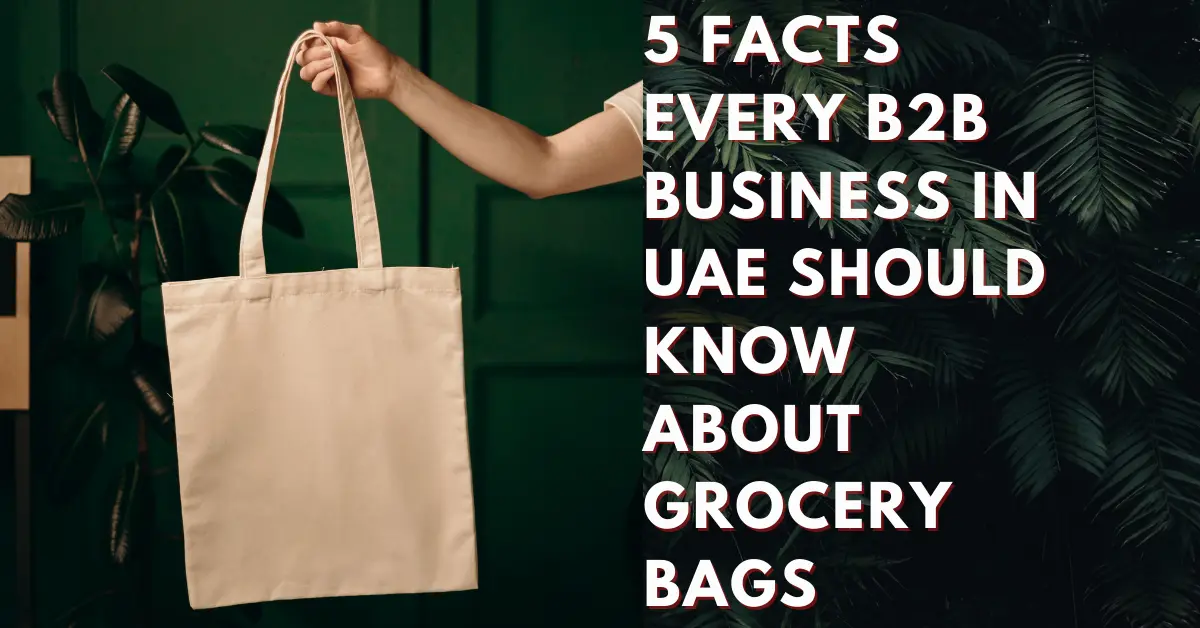Reusable Grocery Bags are more important than ever. In an era where sustainability and eco-friendliness have become essential components of daily life. Not only do they reduce the reliance on single-use plastics, but they also offer a durable, stylish, and often more practical alternative for carrying your groceries. This blog explores the best sources for high-quality reusable grocery bags, considering factors like materials, design, price, and environmental impact.

1. Specialty Retailers
Specialty retailers focus on eco-friendly and sustainable products, often offering a wide range of Reusable Grocery Bags. These retailers prioritize quality and environmental impact, ensuring their products are made from sustainable materials and under ethical conditions.
A. Online Stores
1. Baggu: Baggu offers a variety of reusable bags known for their durability and fashionable designs. Made from recycled nylon, Baggu’s products are lightweight yet sturdy, making them a popular choice among eco-conscious shoppers.
2. ChicoBag: ChicoBag provides reusable bags designed to be compact and easy to carry. Their products include bags made from recycled materials, and they offer a “repurposing program” where customers can send in old reusable bags to be recycled.
3. ReuseThisBag: This online store specializes in custom reusable bags, offering bulk purchasing options ideal for businesses or events. Their bags are made from a variety of sustainable materials, including organic cotton, jute, and recycled PET.
B. Physical Stores
1. Whole Foods Market: Known for its commitment to sustainability, Whole Foods Market offers a selection of high-quality reusable bags. These bags are often made from recycled materials and come in various sizes and designs.
2. Trader Joe’s: Trader Joe’s reusable bags are popular for their durability and fun designs. Made from materials like recycled plastic bottles and nonwoven polypropylene, these bags are both practical and eco-friendly.
2. Local and Independent Stores
Supporting local businesses can be an excellent way to find unique, high-quality reusable grocery bags while also contributing to the local economy.
A. Farmers’ Markets and Craft Fairs: Many artisans and small businesses sell handmade reusable bags at farmers’ markets and craft fairs. These bags are often crafted from natural materials like cotton or canvas and come in unique designs that you won’t find in big-box stores.
B. Local Boutiques: Small, independent boutiques often carry eco-friendly products, including reusable grocery bags. These stores may offer bags made from locally sourced materials and produced by local artisans, ensuring a lower carbon footprint and supporting local craftspeople.
3. Sustainable Brands
Many well-known brands have made sustainability a core part of their mission, offering high-quality reusable grocery bags as part of their product lines.
A. Patagonia: Known for its commitment to environmental responsibility, Patagonia offers durable, reusable bags made from recycled materials. These bags are designed to last, reducing the need for frequent replacements.
B. Everlane: Everlane’s “ReNew” collection features reusable bags made from recycled plastic bottles. The brand is transparent about its production processes, ensuring customers that their purchases are ethically made.
C. Tentree: Tentree produces reusable bags made from sustainable materials like organic cotton and recycled polyester. For every item sold, the company plants ten trees, making each purchase beneficial for the environment.
4. Custom and Promotional Bag Companies
If you’re looking to source reusable grocery bags in bulk, perhaps for a business, event, or organization, custom and promotional bag companies can be an excellent resource.
A. Custom Earth Promos: This company specializes in eco-friendly promotional products, including reusable grocery bags. They offer a range of customization options, allowing businesses to print their logos or designs on the bags.
B. Bulletin Bag: Bulletin Bag offers a variety of customizable reusable bags made from materials like recycled PET, organic cotton, and jute. They focus on sustainability and quality, ensuring their products are both eco-friendly and durable.
C. Custom Ink: While known primarily for custom T-shirts, Custom Ink also provides reusable grocery bags. They offer a variety of styles and materials, with numerous customization options to fit your needs.
5. DIY and Upcycled Options
For those who enjoy a hands-on approach, creating your own reusable grocery bags can be a fun and rewarding project. DIY bags allow for complete customization and the use of upcycled materials, further reducing environmental impact.
A. Sewing Your Own Bags: There are countless online tutorials and patterns available for sewing your own reusable grocery bags. Materials like old jeans, curtains, or tablecloths can be repurposed into sturdy and unique bags.
B. Upcycling: Upcycling involves creatively reusing materials to create new products. For example, you can turn an old T-shirt into a reusable bag by cutting and tying the fabric. This method not only gives new life to old items but also reduces waste.
6. Considerations When Choosing Reusable Grocery Bags
When selecting reusable grocery bags, it’s essential to consider several factors to ensure you’re making the most sustainable and practical choice.
A. Material: The material of the bag is crucial for its durability and environmental impact. Common materials include cotton, canvas, recycled PET, jute, and hemp. Each material has its benefits; for example, cotton and canvas are biodegradable, while recycled PET repurposes plastic waste.
B. Durability: High-quality reusable bags should withstand frequent use and heavy loads. Look for bags with reinforced stitching, sturdy handles, and durable materials.
C. Design: Consider the bag’s size, shape, and design features. Some bags come with added compartments, reinforced bottoms, or the ability to fold into a compact size for easy storage.
D. Ethical Production: Ensure the bags are produced under fair labor conditions. Brands that are transparent about their manufacturing processes and certifications like Fair Trade can provide peace of mind.
E. Lifespan and End-of-Life Options: The longevity of the bag and what happens when it reaches the end of its life are important considerations. Some brands offer take-back programs for recycling or repurposing old bags.
Sourcing high-quality reusable grocery bags involves considering a range of factors from material and durability to ethical production and environmental impact. Whether you choose to shop from specialty retailers, support local businesses, opt for sustainable brands, order custom bags, or create your own, there are plenty of excellent options available. By making the switch to reusable grocery bags, you’re not only making a sustainable choice for yourself but also contributing to a broader movement towards environmental responsibility.





